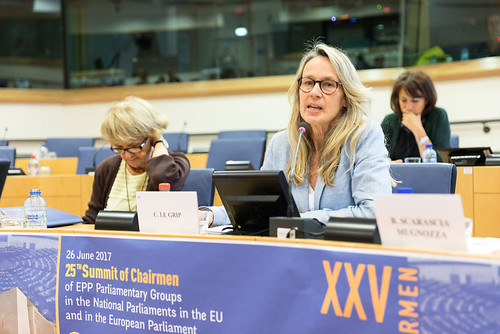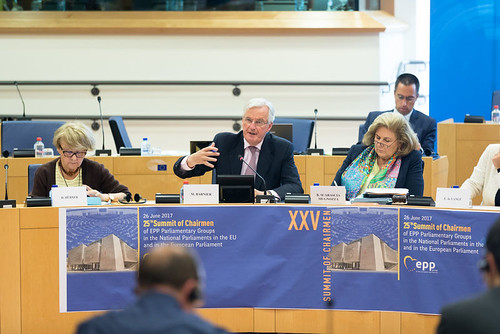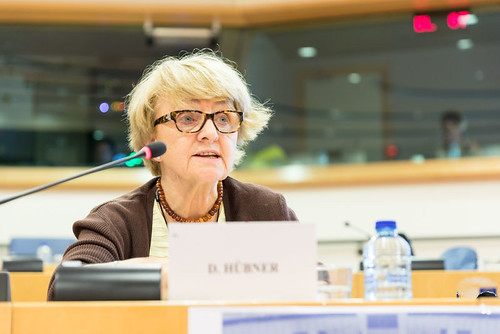The debate has been reignited on the merits of the Comprehensive Economic and Trade Agreement (CETA) between the EU and Canada as a consequence of the scrutiny that the public and some politicians have put on EU-US negotiations on the Transatlantic Trade and Investment Partnership (TTIP). The issue has garnered so much attention that national politicians have in turn started to take notice, and are reacting to political pressure by their own national clientele. This has led to the European Commission making the decision that CETA will be a so-called ‘mixed’ agreement. What this means is that as opposed to the Council of the EU deciding by qualified majority on the agreement and CETA entering into force after ratification by the European Parliament, CETA could now enter into force provisionally after ratification by the European Parliament, which is followed by full ratification by the member states. The Commission made this decision against the advice of its own legal service.
This step was in my view taken not because of legitimate concerns about the economic viability or the legal status of the agreement, but as a response to populist calls against international trade treaties on the national level. Because of several upcoming parliamentary elections next year (e.g. Germany, France and the Netherlands), politicians have become more sensitive to citizen’s voices, and CETA and TTIP are at the top of that list. The only conclusion I can draw is that CETA, and subsequently TTIP, will be sacrificed on the altar of populism at a time when our societies desperately need to (re-)build resilience to anti-democratic forces and to make globalisation work for us. I fully understand the fears that citizens have for their economic future – these are worrying times for us all. Indeed, one of the means for the Commission to address not only the question of today’s economic well-being but also that of our future generations, is to negotiate trade deals that are necessary for our future economic growth.
The Commission’s decision creates three problems. I strongly believe that the argument put forward by critics of CETA that involving national parliaments in the decision-making process lends more democratic legitimacy to trade negotiations is wrong and misleading. After all, would this not mean that the European Parliament, which is directly elected by all EU citizens, does not have sufficient democratic legitimacy to be entrusted with its role in the decision-making process? Why do national parliaments, which are also directly elected, possess more democratic legitimacy than the European Parliament? Let us not forget that in the Treaty of the European Union it clearly states that “Citizens are directly represented at Union level in the European Parliament.” Giving in to populism in such a manner sets a dangerous precedent that would create a false impression.
Secondly, the fact that CETA would now need to be ratified by national parliaments unnecessarily prolongs the ratification process. This means that the economic benefits that EU citizens would enjoy as part of the agreement are delayed in an non-transparent manner. There is no set timeline as of yet as to when ratification would need to be completed, needlessly dragging on the process.
Lastly, the EU will pay a big price in terms of credibility. Which country would trust our negotiators and the EU’s capacity to conclude trade agreements if we decide to change the decision-making procedure and the content of the agreement ex-post? Such decisions will seriously undermine the EU’s ability to negotiate and conclude good trade deals in the future.
I can only hope that we come to our senses. If the European Parliament and its Members cannot inspire trust of its citizens to do what is right, then I fear that we have a serious crisis of democratic legitimacy. The European Parliament has been elected to represent its citizens and any attempt to undermine it is a serious attack of this legitimacy. We should let cool heads prevail. We should not sacrifice the greater good because of populist peddlers of fear. We need CETA and TTIP for our future generations.







 Przejdź do kalendarza
Przejdź do kalendarza






